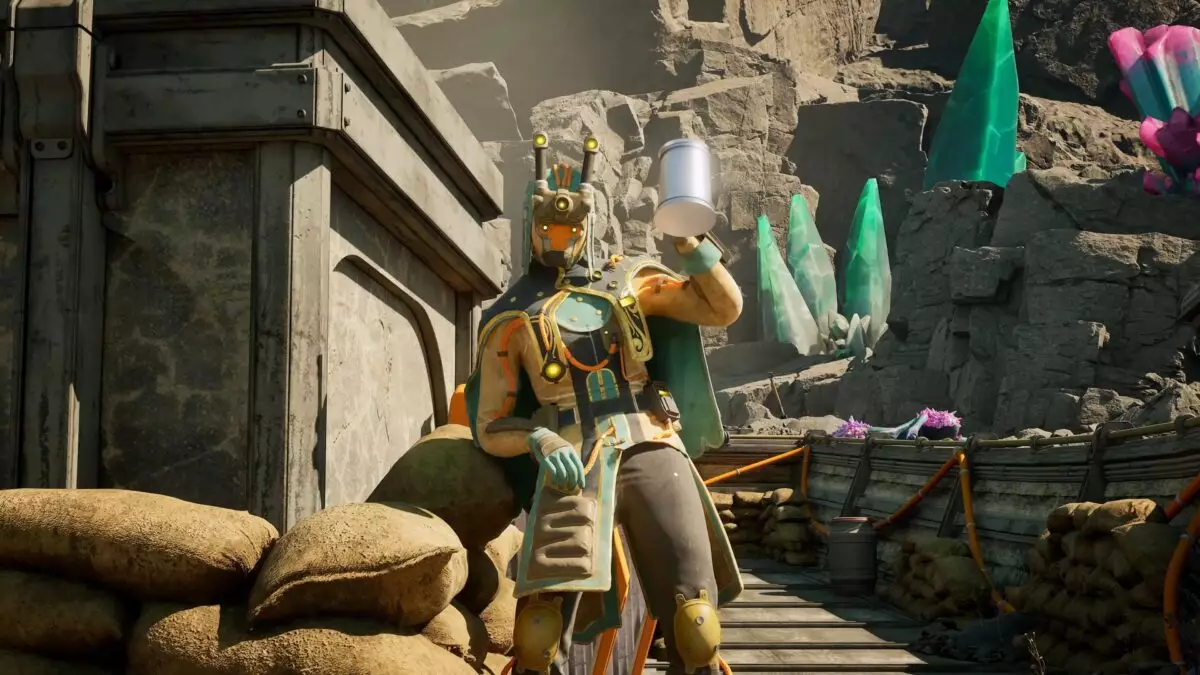When The Outer Worlds first debuted, it was met with generally positive reviews, but it failed to deliver the seismic shift many fans and industry analysts anticipated. Unlike Obsidian’s legendary Fallout: New Vegas, which set a high bar with its complex narratives and player-driven choices, the original Outer Worlds seemed content with a more streamlined approach, perhaps sacrificing depth for accessibility. This perception of missed potential leaves a lingering question: how can the franchise evolve to truly stand out within the crowded RPG landscape? The upcoming Outer Worlds 2 promises to be a pivotal point, signaling Obsidian’s intent to deep-dive into richer, more intricate systems. It’s a recognition that modern gamers crave meaningful complexity, and a game that simply skimps on CPR—course correction—risks irrelevance.
Turning the Tide: The Influence of Industry Trends
The success of Baldur’s Gate 3 isn’t just a feather in its cap; it’s a paradigm shift that has emboldened developers like Obsidian to embrace deeper, more challenging RPG systems. Historically, there’s been hesitation within the industry to fully commit to these “crunchy” mechanics, fearing market rejection or over-complication. However, the reception of Baldur’s Gate 3, along with other titles like Kingdom Come Deliverance 2 and even Elden Ring’s success, has shifted the narrative. These games prove that players are willing to invest in immersive experiences, especially when they offer genuine freedom and complexity. This cultural shift challenges Obsidian to abandon their previous reticence and fully lean into their RPG roots, confidently crafting a game that challenges players with meaningful choices and layered systems.
The Promise of a Richer, More Authentic RPG
Previews of The Outer Worlds 2 suggest a strategic pivot. Unlike its predecessor, which leaned towards accessible storytelling, the sequel strives to incorporate mechanics that truly reward experimentation and strategic thinking. It hints at a game where your decisions are tangibly impactful, with diverse solutions to quests that aren’t just cosmetic but fundamental to the outcome. For fans of Fallout: New Vegas, this approach will seem familiar—a game dressed in modern graphical fidelity but rooted deeply in classic RPG principles. Such design choices signify a broader industry trend: players no longer want to feel like passive spectators but active architects of their journey. Obsidian’s increased budget and confidence, fueled by support from Microsoft, serve as catalysts to push these boundaries.
Rethinking the Role of RPG Elements in Modern Games
It’s easy to dismiss the evolution of RPGs as mere trends, but the real shift is in the perception of what an RPG should be. Historically, games like Outer Worlds suffered from being labeled as “RPG with RPG elements,” a sentiment that often belittled their potential. However, recent successes have demonstrated that players crave games where role-playing isn’t just superficial—it’s foundational. The influence of titles like Baldur’s Gate 3 and Elden Ring illustrates that they resonate because of their system-driven depth, player customization, and commitment to immersive worlds. Obsidian seems aware of this evolution, positioning Outer Worlds 2 as a definitive statement on what modern RPGs can—and should—be.
Will The Outer Worlds 2 Fully Embrace Its Potential?
While early reactions to the gameplay snippets are promising, a lingering concern remains: will Obsidian truly push the envelope? The risk lies in the possibility that the sequel remains too close to its predecessor’s formula, risking stagnation in a rapidly evolving genre. To truly make an impact, Outer Worlds 2 must not only enhance its systems but also offer fresh storytelling approaches and innovative mechanics that elevate the experience beyond familiarity. Success hinges on mastering the balance between accessibility and depth, ensuring that new players are drawn in while hardcore RPG aficionados find the complexity they crave. If Obsidian manages this feat, it may not just be a successful sequel but a catalyst for a renaissance in narrative-driven, system-rich role-playing games.

